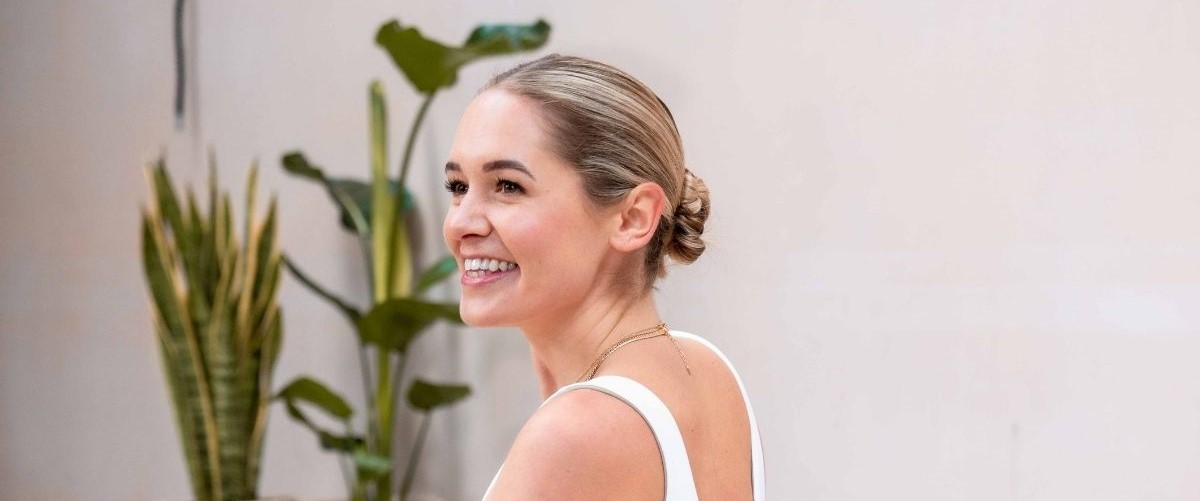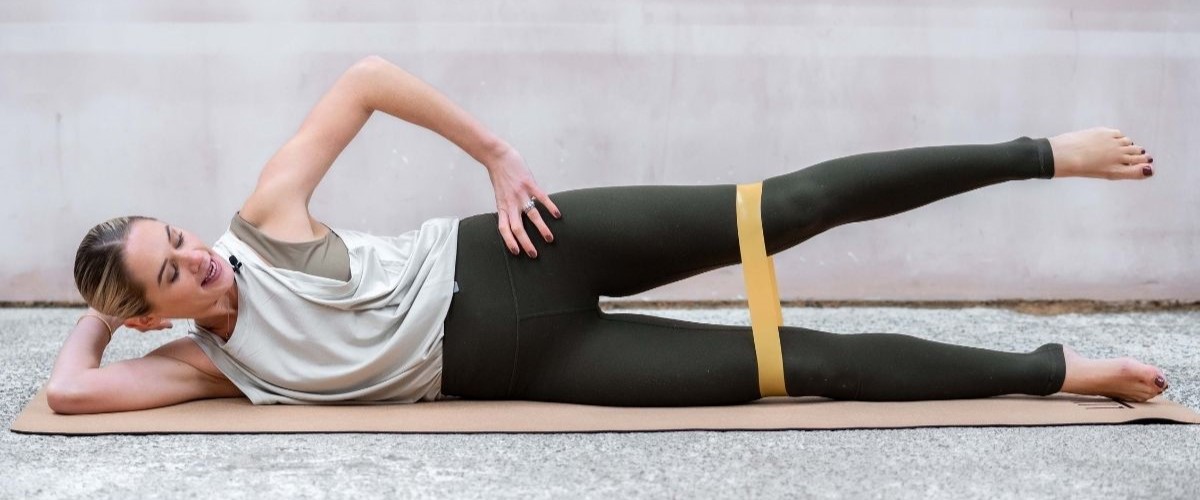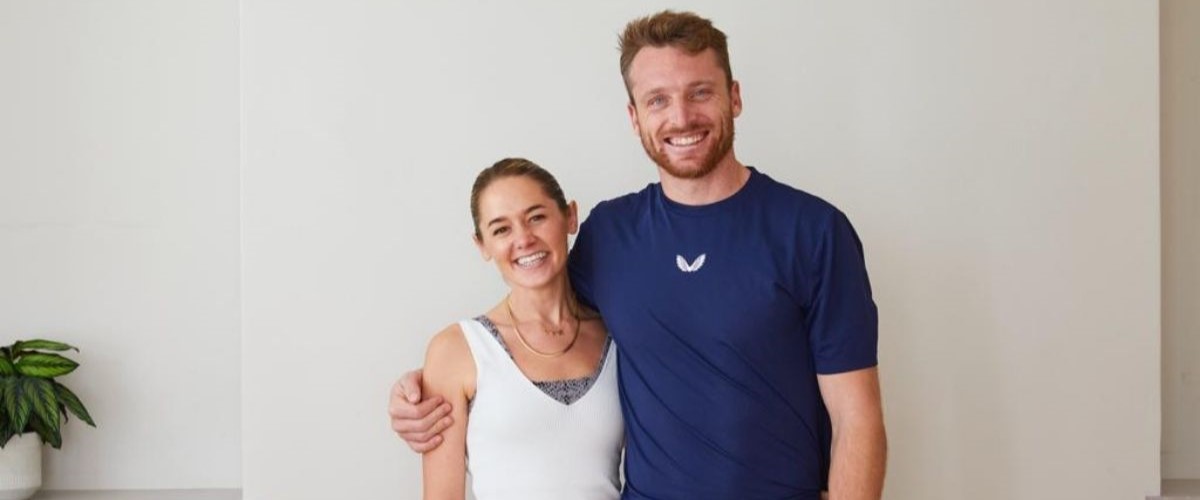Why Pilates is good for you at every life stage with Louise Buttler
Louise Buttler, founder of Pilates platform LIVE BRAVE, explains the benefits of Pilates, from a stronger pelvic floor to improved mental health

Far from a softly-lit, dipped-in-chrome fitness centre, Pilates was established in the 1920s New York as a new method to approach exercise in the early 1920s.
Fast-forward to 2023 and it’s still attractive to the masses (even more so). Its broad appeal is for its myriad benefits, suitability for all age groups and no fussy (or heavy) equipment.
HIIT Pilates, Contemporary Pilates, Reformer Pilates, the list goes on; whatever type of exercise you’re partial to, there’s probably a Pilates workout to suit.
“Pilates is suitable for any age or level of fitness – you can start your Pilates journey from whenever and however you are,” says Louise Buttler, CEO and co-founder of Pilates and wellness brand, LIVE BRAVE.
“It is a low impact form of exercise that promotes optimal patterns of breathing, posture and alignment, supporting not only the pelvic floor but whole-body health.”
Beyond being an excellent exercise tool for the core and ability to improve sleep,there’s another arm to Pilates that’s making it a popular fitness option for men and women.
May your continence be strong
The pelvic floor comprises muscles supporting vital organs like the bladder, bowel, prostate gland and uterus, as well as controlling the flow of urine.
“Our pelvic floor is an incredibly flexible and robust structure that incorporates a number of muscles that act as a hammock for our pelvic organs, are able to absorb forces, enable bowel movements, walking and childbirth,” says Louise.
“The muscles of the pelvic floor need to be able to contract and shorten, as well as relax and lengthen in order for them to support all these important functions.”

Weakened muscles, often due to factors such as childbirth or heavy lifting, can lead to issues like loss of bladder control and prolapse.
Also, weak pelvic muscles strain other connected muscles, causing pain in areas like the lower back and hips.
Pilates, however, emphasises strength and organisation of the inner core muscles, which includes the pelvic floor.
This newfound strength not only prevents issues like lower back and hip pain but contributes to improved posture and enhanced bodily functionality.
“Pilates also encourages awareness of the pelvic floor muscles,” adds Louise, “enabling control over these muscles to contract as well as relax in all planes of movement.”
The big squeeze
To be robust and support these important functions, the muscles around the pelvic floor need to be able to contract and shorten, as well as relax and lengthen.
If you’d like to test your pelvic floor, lie down and relax. Imagine stopping the flow of urine or preventing a gas release and you should feel a gentle tightening in your pelvic area.

Try to avoid tensing other muscles and breathe normally.
Should you find it difficult or experiencing any discomfort, please consult a healthcare professional for guidance.
Hold, please
Pilates is not just about physical exercises but also about mindfulness and breathing techniques.
It is an opportunity for men and women alike to connect with our bodies and increase awareness.
While there’s no limit to your age or fitness level to starting Pilates, there are life experiences when it can be particularly beneficial.
Before, during and after pregnancy, in the perimenopause and in post-menopause are some of the best times to start according to Louise.
“This is because hormonal fluctuations place extra stresses and load on the pelvic floor and Pilates exercises help to rebuild and maintain pelvic floor strength.”
For men, meanwhile, the pelvic floor is essential in maintaining core stability, bladder and bowel control and for supporting erectile function.
“Pilates exercises are particularly effective when started before prostate surgery, to reduce the number and duration of post-operative side effects,” says Louise.
So, if you’re looking for some inspiration to start your Pilates journey, pull up a mat and try a class for yourself.
Vitality members with qualifying health insurance and life insurance plans, including Vitality Essentials and Vitality at Work plans, can get a twelve-month LIVE BRAVE subscription at no cost, if they do not currently have an active subscription. Terms & conditions apply.
Activate your account and start your Pilates journey here.
Recent articles

How to spot the signs and symptoms of cervical cancer
Do you know the signs and symptoms of cervical cancer? For Cervical Cancer Awareness month, writer Jennifer Wallis is keeping everyone in the know

Dry January: 7 tips to avoid falling off the wagon
From buddying up to seeking support, make sure you succeed this Dry January with our 7 ways to stay on the wagon

Everything you need to know about a full health MOT
Health screenings play a crucial role in protecting our long-term health. So, where and when should you get your next full body health MOT?

